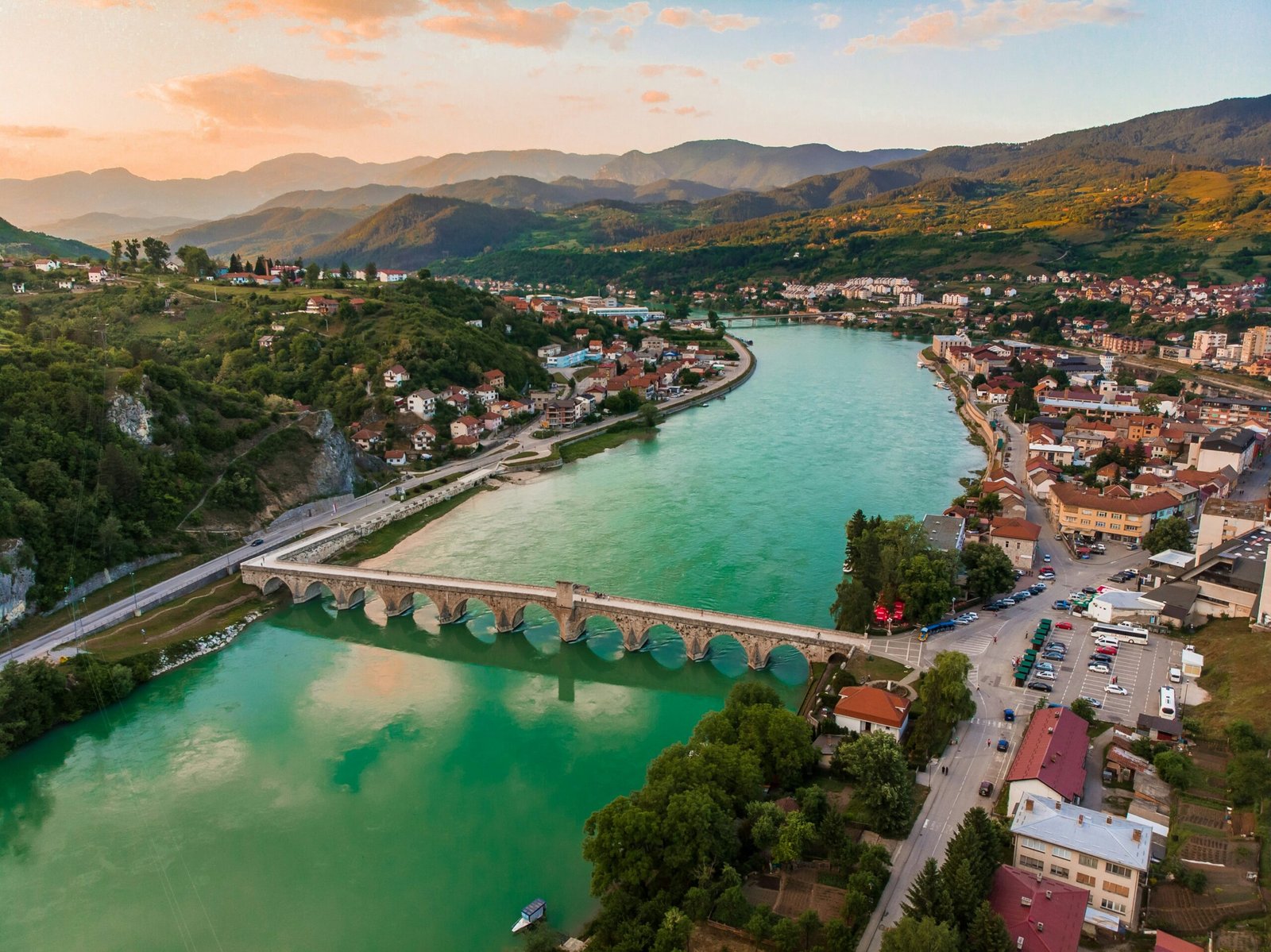On March 1, 1992, Bosnia and Herzegovina made a historic declaration of independence from the Socialist Federal Republic of Yugoslavia. This momentous event came after a referendum where the majority of the multiethnic population voted in favor of sovereignty. The decision to break away from Yugoslavia marked a turning point in the region’s history, setting the stage for a bitter and violent conflict known as the Bosnian War.
The roots of the Bosnian War can be traced back to the dissolution of Yugoslavia, which began in the early 1990s. As the various republics sought to assert their independence, tensions between different ethnic groups started to rise. Bosnia and Herzegovina, with its diverse population consisting of Bosniaks, Serbs, and Croats, became a flashpoint for these simmering tensions.
The referendum held on February 29 and March 1, 1992, saw an overwhelming majority of Bosnian citizens voting in favor of independence. According to official records, over 99% of voters supported the separation from Yugoslavia. However, the referendum was boycotted by the Bosnian Serbs, who opposed the idea of an independent Bosnia and Herzegovina.
The declaration of independence on March 1, 1992, was met with immediate resistance from the Bosnian Serbs, who aimed to establish their own separate entity within Bosnia and Herzegovina. Led by Radovan Karadzic, the Bosnian Serbs declared the creation of the Republika Srpska, with its capital in Pale. This move further escalated tensions and set the stage for a brutal conflict.
The Bosnian War, which lasted from 1992 to 1995, was characterized by widespread violence, ethnic cleansing, and war crimes. The conflict saw Bosniaks, Serbs, and Croats pitted against each other, with each group vying for control over territory. The war resulted in significant casualties and the displacement of millions of people, leaving a lasting impact on the region.
International recognition of Bosnia and Herzegovina’s independence was slow to come. The European Community, later known as the European Union, recognized Bosnia and Herzegovina as an independent state in April 1992. However, it wasn’t until 1996 that the Federal Republic of Yugoslavia, which had succeeded the Socialist Federal Republic of Yugoslavia, recognized Bosnia and Herzegovina as an independent nation.
The Bosnian War finally came to an end with the signing of the Dayton Agreement in 1995. The agreement, brokered by the United States, brought an end to the fighting and established a framework for peace in Bosnia and Herzegovina. It divided the country into two entities: the Bosniak-Croat Federation and the Republika Srpska, with a central government in Sarajevo.
The declaration of independence by Bosnia and Herzegovina in 1992 and the subsequent Bosnian War highlighted the challenges of nationalism and ethnic divisions in the post-Cold War era. It served as a stark reminder of the complexities of building a unified nation in a region with deep-rooted historical and cultural divisions.
Today, Bosnia and Herzegovina continues to grapple with the legacy of the war. The scars of the conflict are still visible, both physically and emotionally, as the country strives to reconcile its past and build a peaceful and prosperous future. The events of 1992 and the subsequent war serve as a poignant reminder of the importance of dialogue, understanding, and cooperation in overcoming deep-seated divisions and fostering lasting peace.
In conclusion, the declaration of independence by Bosnia and Herzegovina on March 1, 1992, was a pivotal moment in Balkan history. It marked the beginning of a brutal conflict that would last for three years and have far-reaching consequences for the region. The Bosnian War highlighted the challenges of nationalism and ethnic divisions in the post-Cold War era, leaving a lasting impact on Bosnia and Herzegovina and the wider international community.

